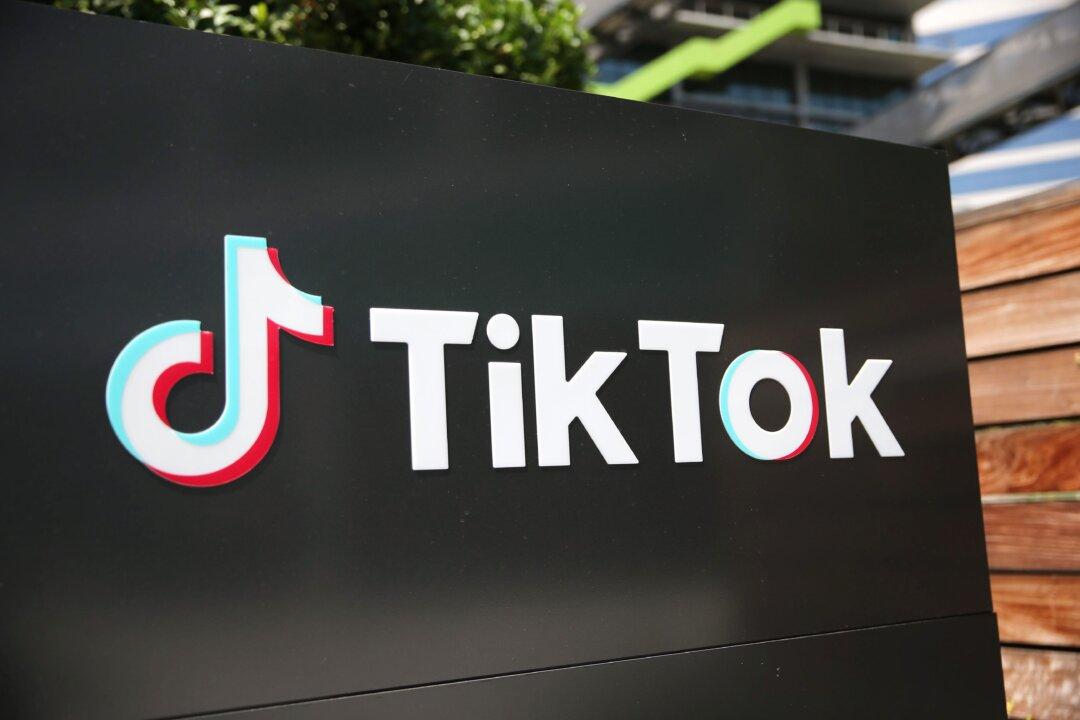Utah and Alabama on Monday joined a growing number of Republican states in banning video-sharing app TikTok from government devices, amid concerns of threats to the states’ cybersecurity.
Utah Gov. Spencer Cox, a Republican, issued an executive order (pdf) to prohibit TikTok use on all state-owned electronic devices.




